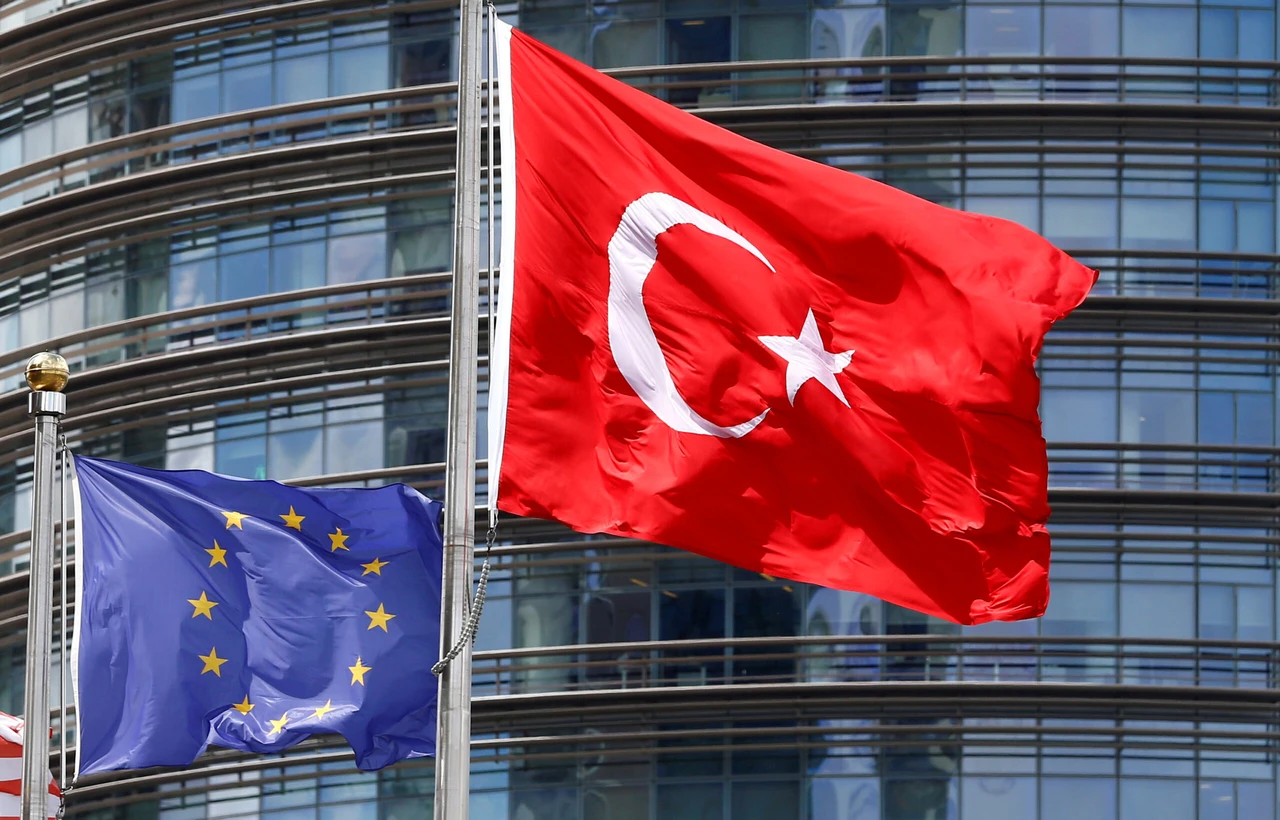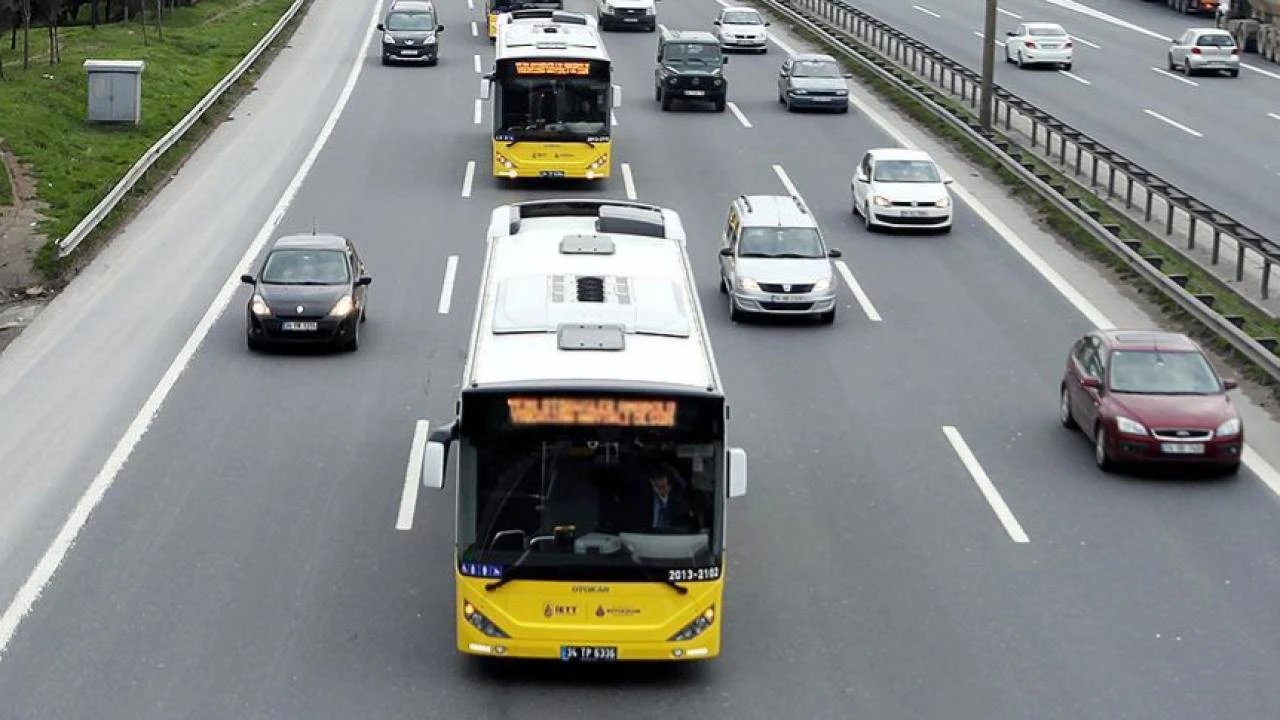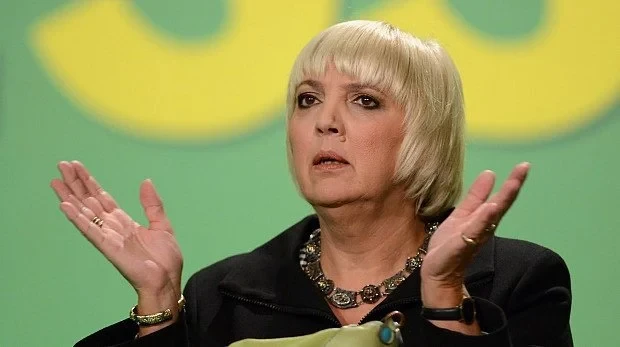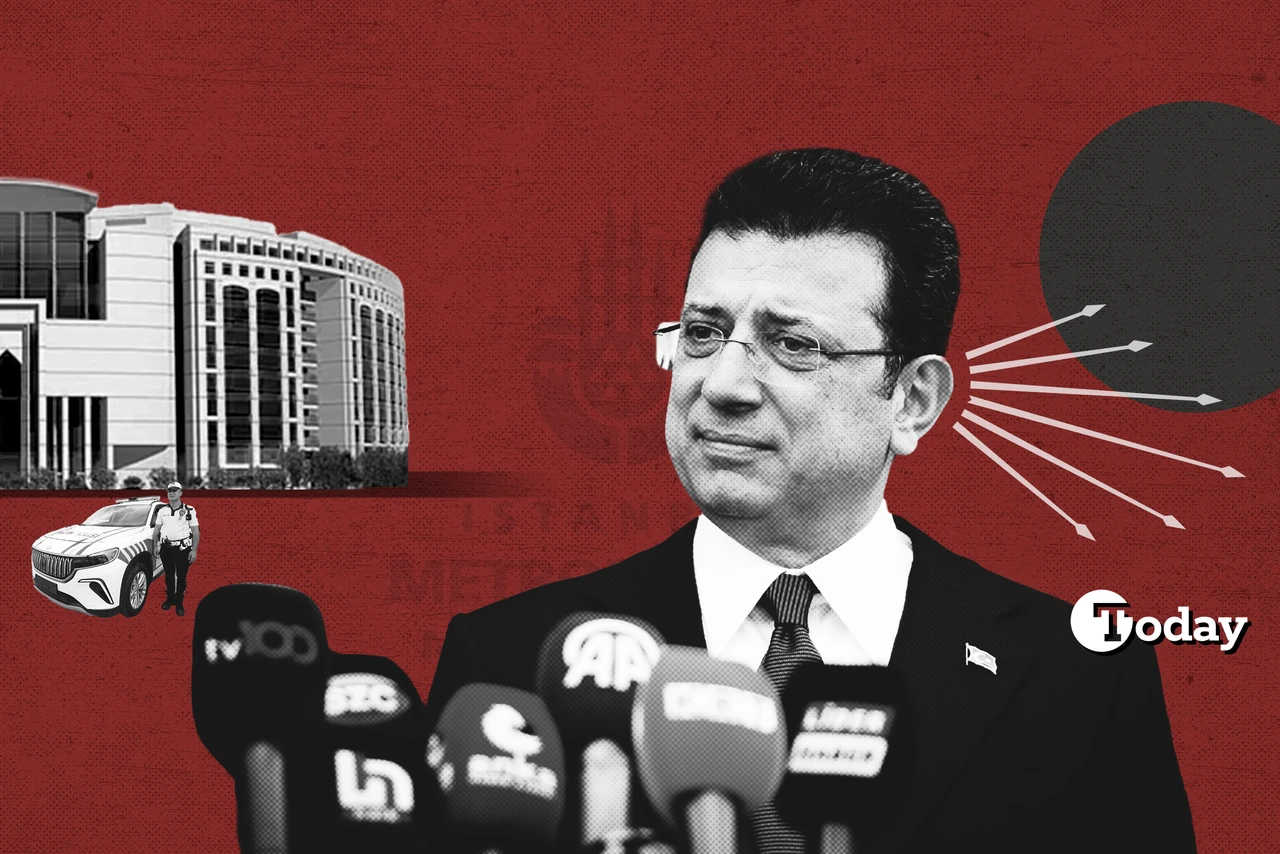EU-Türkiye relations progress despite challenges, says EU diplomat
 A European Union (L) and Turkish flag fly outside a hotel in Istanbul, Türkiye, May 4, 2016. (Reuters)
A European Union (L) and Turkish flag fly outside a hotel in Istanbul, Türkiye, May 4, 2016. (Reuters)
Turkish-EU relations progressed in some areas in recent years, though not as significantly as some hoped, said Nikolaus Meyer-Landrut, head of the European Union Delegation to Türkiye, as he is set to pass the torch as the bloc’s top diplomat in Türkiye.
“I believe we have made progress in some areas over the past four years. Perhaps we haven’t taken as big steps as some hoped, but we have made progress,” Meyer-Landrut, whose term in Türkiye is concluding, told Anadolu Agency in an interview this week.

Reflecting on developments between the EU and Türkiye during his tenure, which began in September 2020, Meyer-Landrut said, “Relations (with Türkiye) are multifaceted and complex. It’s not an easy relationship.”
Highlighting how Türkiye took part in nine EU programs and stressing increased cooperation in research fields, he said: “During this period, we facilitated over 10 high-level dialogues across various fields from health to agriculture, from science to other areas of cooperation.
“We will have more in the days ahead,” said Meyer-Landrut.
He emphasized that Anatolia shares a common history with Europe.
“I believe that both sides need to work to understand each other better, sometimes even creating space for better cooperation, and then relationships will develop step by step,” he said.
“Both sides need to work more towards getting to know each other to understand each other, and when we understand each other, we can build,” he said.
Most impressed by Mardin during his tenure
Describing his life in the Turkish capital Ankara as “pleasant and easy,” Meyer-Landrut said getting around the city and daily life was smooth, calling it a good experience.
Meyer-Landrut added he also had the opportunity to visit many cities in Türkiye, where he met good people and collaborated with ministries, embassies, and representatives of civil society groups.
On the twin earthquakes centered in Kahramanmaras that hit southern Türkiye in February 2023, Meyer-Landrut said: “Just five days before the earthquake, I was in (the southern Turkish city of) Hatay, and it was a sad moment to witness a city where I had spent two or three days being devastated.”
“I share this country’s trauma with this earthquake. This was our most heartbreaking moment,” he said.
Meyer-Landrut highlighted when someone from abroad visits Türkiye, they discover diversity, with different regions, cuisines, climates, and lifestyles across the country of 85 million people.
Among the cities he had the opportunity to visit, Meyer-Landrut said he was most impressed by Mardin in southeastern Turkiye, as his visit there was different from anything he had witnessed before.
He said he would miss the hospitality of the Turkish people, as he enjoyed the generous warmth and generosity of the hosts.
Visa issue
On the steep challenges Turkish citizens face getting visas for European countries, an issue Turkish leaders have stressed in recent years, Meyer-Landrut said the EU and its member states do not have a policy specifically designed to make it more difficult for Turkish citizens to obtain visas.
“In 2023, visa applications by Turkish citizens rose 30% compared to previous years,” he said.
“The number of visas issued reached around 1 million. I know this doesn’t make it easier for anyone waiting for an appointment,” he added.
There are practical issues that must be addressed, but there is no visa policy against Türkiye, Meyer-Landrut argued.
Türkiye applied for the EU membership in 1987 and has been a candidate country since 1999.
Ankara’s EU membership negotiations started in 2005, but entered a stalemate after 2007 due to the Cyprus issue and political opposition by several member states to Türkiye’s membership.



